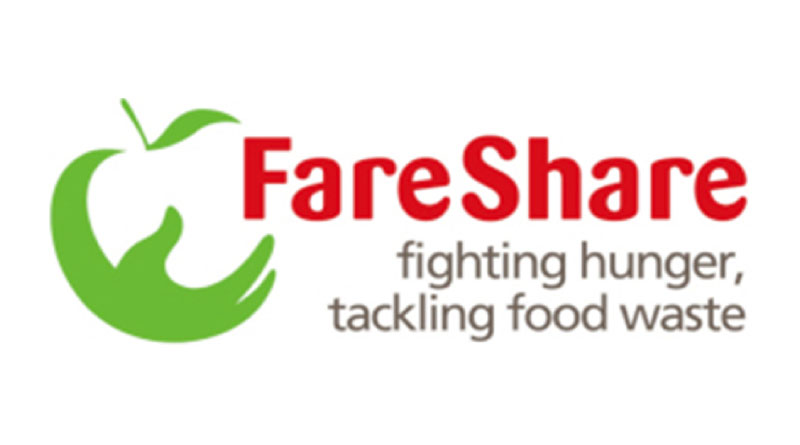A Quarter of a Billion Meals Redistributed by Fareshare During Pandemic

The UK’s biggest charity fighting hunger and food waste, FareShare, has revealed that it redistributed the staggering equivalent of a quarter of a billion meals (250m) throughout the Covid pandemic.
FareShare takes delivery of surplus good-to-eat food, which is unsold or unwanted by the food industry, sorts it in one of its 30 regional warehouses, and passes it onto a network of nearly 10,500 charities and charity groups. These organisations then turn this nutritious food into meals for vulnerable families and individuals.
Between March 23rd, 2020, when national lockdown measures were first announced by the UK government, and 24th February 2022, when legal restrictions relating to Covid-19 ended, FareShare provided 105,000 tonnes of food to people going hungry across the UK. That’s the equivalent of 0.25bn (250m) meals.
This good-to-eat surplus food came from across the food industry as suppliers and retailers faced the uncertainty of foodservice shutdowns, regional lockdowns, changing customer habits and challenging supply chains.
It was the support of Manchester United and England footballer Marcus Rashford at the start of the first lockdown, over FareShare’s campaign to highlight the plight of children dependent on free school meals, that helped catapult the charity into the national limelight.
Lindsay Boswell, FareShare CEO said: “A quarter of a billion meals is testament to the incredible hard work of every single one of FareShare’s volunteers, members of staff, food partners, donors, business partners and all our supporters, during what was an incredibly challenging time for everyone.
“This milestone was achieved in partnership with the UK voluntary sector, and support from the food industry, asl well as the UK, Scottish and Welsh governments. The charities and community groups who receive our food kept their vital community work on the Covid frontline going, despite facing considerable difficulties and health risks.
“I would like to thank every single individual, food business, funder, volunteer and staff member who helped to support the FareShare network face into the pandemic, when the vulnerable communities who rely on charitable support across the country needed it most.
“But despite the end of Covid restrictions, the demand for our food remains as high as during the pandemic, with that demand exceeding supply.”
